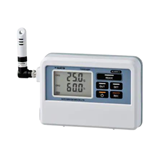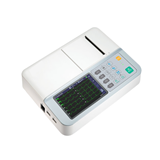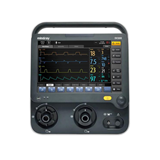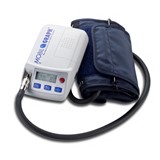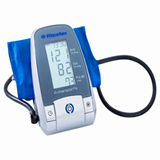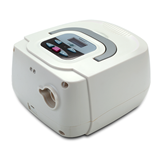Reality check - reliable national data from general practice electronic health records by Dr Julie Gordon, Associate Professor Graeme Miller and Professor Helena Britt found that over the past 20 years, electronic health records (EHRs) have been used increasingly to capture clinical information in general practice (GP). In Australia there are at least eight brands of software that are used by general practitioners. Two of these account for about 81% of the EHRs used by GPs.
These software packages for general practice were developed independently, with no common standards of structure or language. The absence of compulsory basic standards has had negative effects, including making it difficult to transfer clinical information from one EHR to another, whether that is to another general practice, hospitals or community services.
"It is a commonly held misconception that because data are held electronically they can be easily transferred to others in the treating team, or used for secondary purposes including quality audits, integrated care programs for high risk patients, population health research and to contribute to shared health records such as the national My Health Record," Deeble Institute Director Susan Killion said.
Current data extraction tools cannot link the investigations and treatments to the patient's problem or condition because they are not linked in the EHR. Missing data, inconsistent language and incompatible software all make these data unreliable when trying to ascertain whether care provided at a local or national level was effective. GPs provide over 139 million services per year in Australia at a cost of $6.8 billion. The inability to obtain reliable national general practice data out of EHRs is a major impediment to health reform and primary health research.
"This brief describes the current issues when using data from EHRs for secondary purposes such as primary health research, commonly held misconceptions and what needs to be done to produce information from general practice that is complete and reliable. It discusses the possible reasons for lack of standard approaches, questions that should be asked when using data extracted from EHRs and the solutions required to address these issues," Killion said.
Recommendations include the development of a national minimum data set for general practice using previously developed core data sets and standards work. Once the data elements and definitions are finalised, they should be entered into the Australian online registry for health metadata (METeOR) held by the Australian Institute of Health and Welfare. The terminology currently used should be mapped to the Australian national clinical terminology (SNOMED CT-AU) so that referrals and discharge summaries and transmissions to My Health Record can be consistent.
"In the absence of ongoing surveys such as the Bettering the Evaluation and Care of Health (BEACH), there is an urgent need to develop a cohesive national approach to GP electronic health records. The longer it takes to address this problem, the harder it will be to fix it and the risk will be ever-increasing costs in terms of tax payer dollars, quality of care and patient safety," Killion said.


